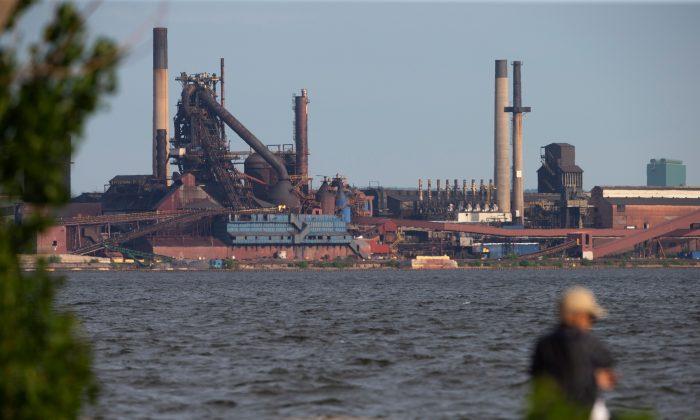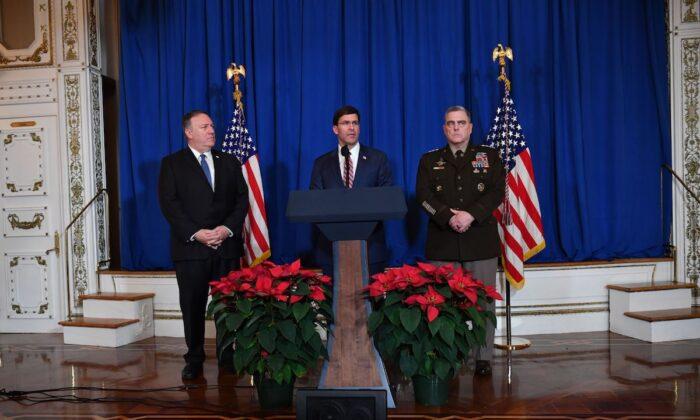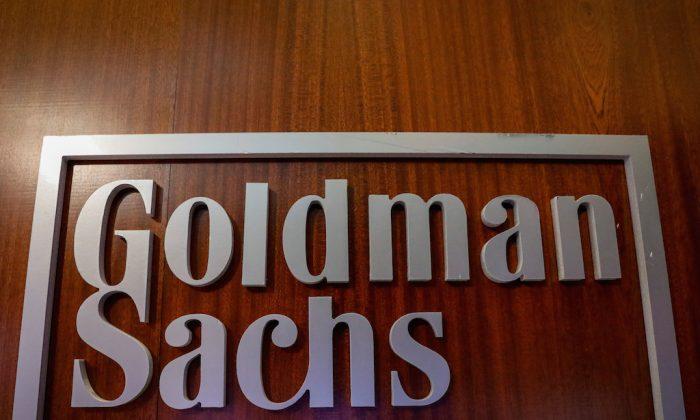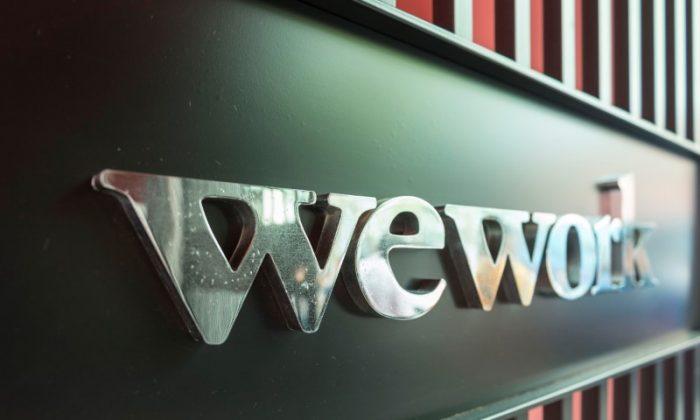The U.S. and Mexico are close to resolving bilateral differences on Nafta and may wrap up as soon as Aug. 27, said three people familiar with the progress, clearing the way for Canada to possibly return to talks to update the three-nation trade pact.
The nations achieved significant breakthroughs in the past several days on the critical issues of automobiles and energy, according to the people, who asked not to be named discussing private talks.
President Donald Trump was optimistic on Aug. 25, saying on Twitter that the U.S. could have a “big Trade Agreement” with its southern neighbor soon. The terms of any deal struck by U.S. Trade Representative Robert Lighthizer would need Trump’s final approval.
It remains unclear how U.S. and Mexican negotiators would make public the completion of work on their bilateral issues, given that Mexican Economy Minister Ildefonso Guajardo has signaled that the nation won’t make an announcement on Nafta until Canada also signs on to a new deal.
Five Weeks
The administrations of Trump and Enrique Pena Nieto have been working for five weeks to resolve their bilateral issues so Canada can rejoin the talks to update the decades-old trade pact. The U.S. and Mexico are pushing for an agreement this month that would give the countries time to sign the pact before Mexico’s President-elect Andres Manuel Lopez Obrador takes office in December.Guajardo press office didn’t immediately respond to a request for comment. A Canadian official declined to comment and referred back to remarks last week from Prime Minister Justin Trudeau, who said he was encouraged by optimism coming from the U.S. and Mexico but won’t sign just any deal.
On Aug. 25, Lopez Obrador’s envoy Jesus Seade told reporters upon arrival at a meeting with Lighthizer in Washington that the nations have resolved concerns that the deal had too many restrictions on how the next government can treat foreign oil companies investing in Mexico.
Factory Jobs
The U.S. and Mexico in recent weeks had largely focused on the thorny issue of car manufacturing, as the Trump administration pushes for a deal that would boost factory jobs in America. The U.S. has proposed tightening regional content requirements for car production and having a certain percentage of a car manufactured by higher-paid workers.While a U.S. proposal to increase tariffs on cars imported from Mexico that don’t meet stricter new content rules was a sticking point as recently as last week, that issue appeared to be resolved by Aug. 23.
The U.S. agreed to keep the 2.5 percent tariff currently applied under World Trade Organization rules if the cars are made at factories that already exist, according to two people familiar with the plans, who asked not to be named discussing private negotiations.
That would leave open the possibility that cars that don’t meet the rules and are built at new plants could face tariffs of 20 percent to 25 percent, pending the results of a Section 232 national security investigation that Trump ordered in May, the people said.
While Trump has floated the idea of negotiating bilateral trade accords—finalizing one with Mexico before moving on to Canada—both Mexico and Canada have said they want to keep a three-nation deal.





Friends Read Free